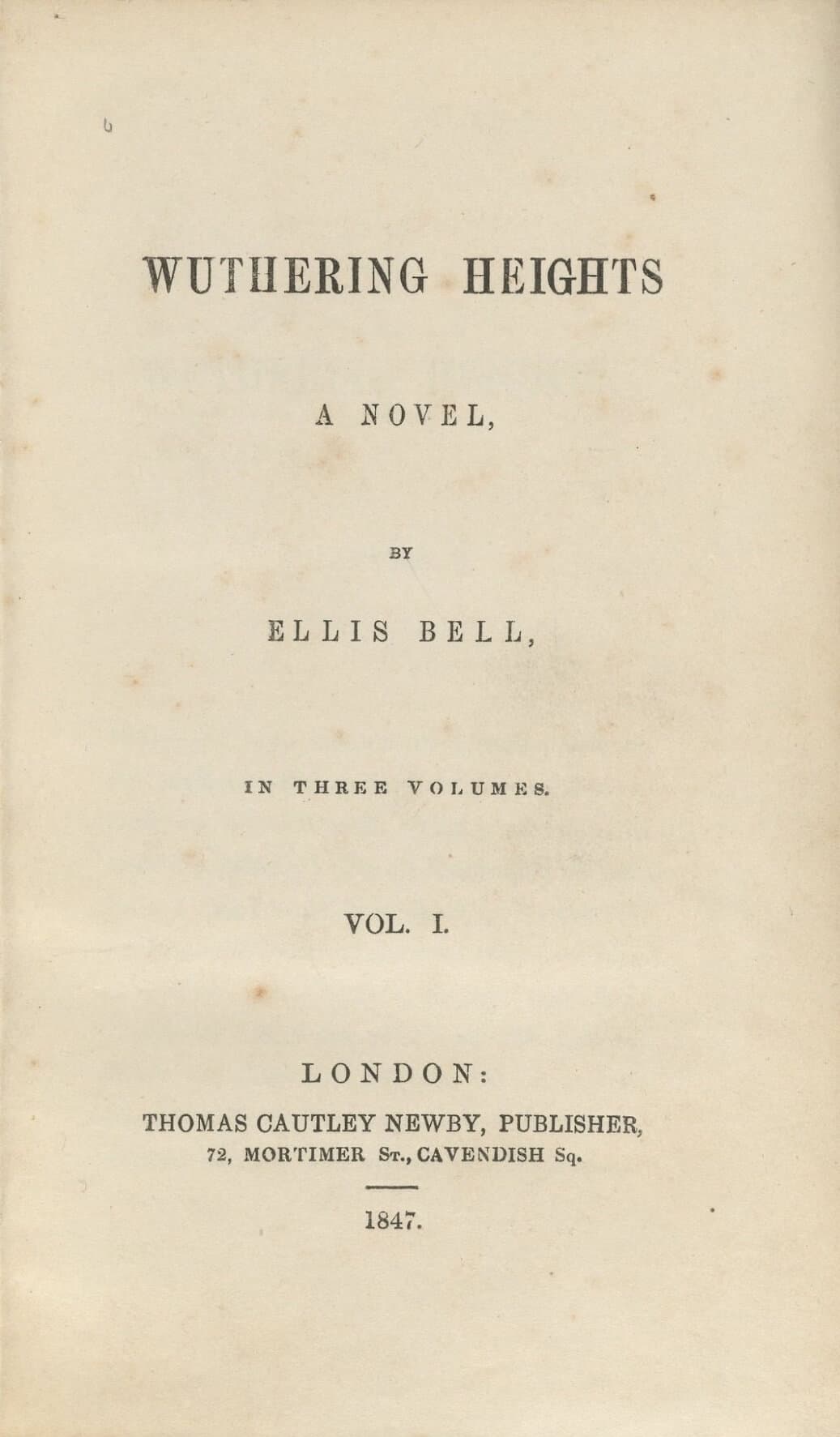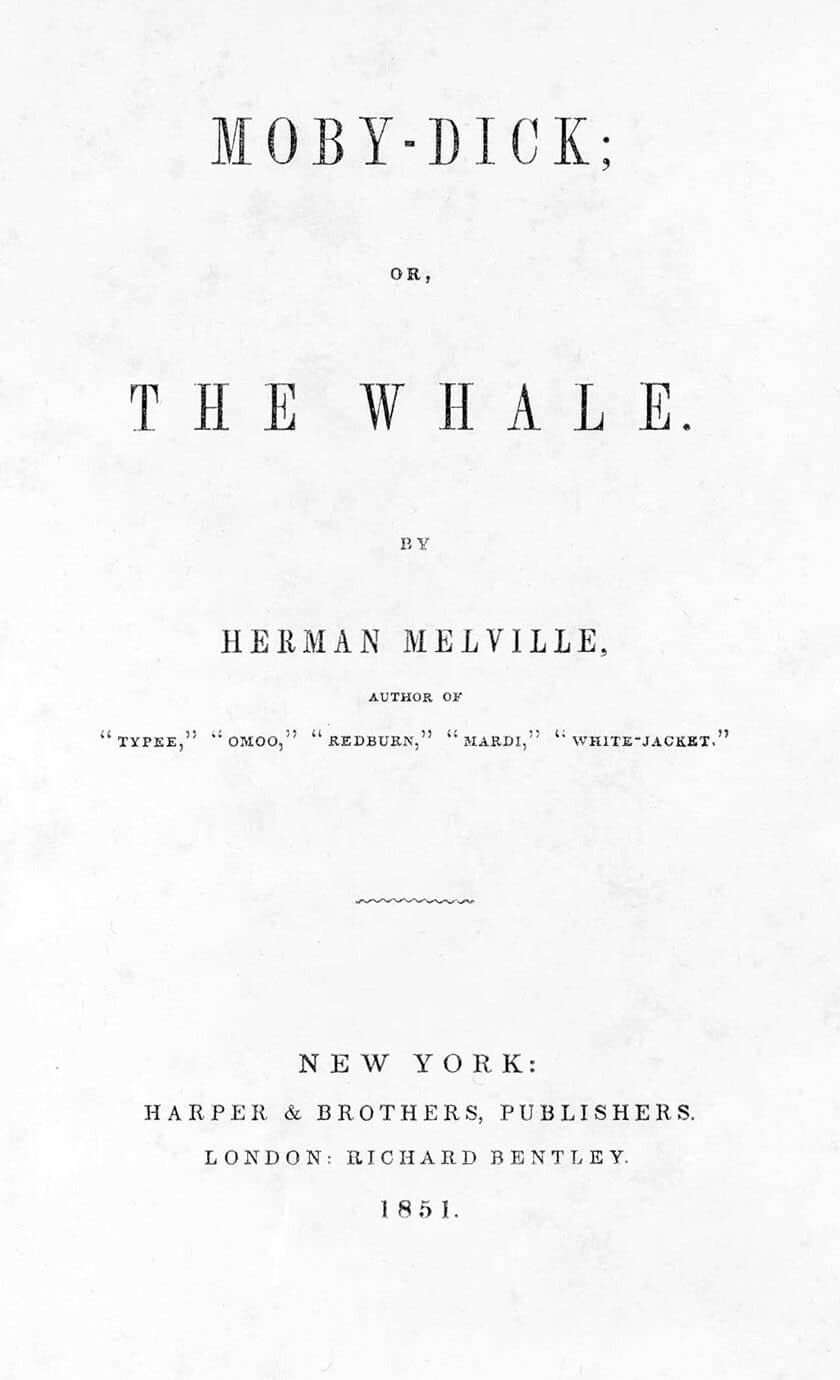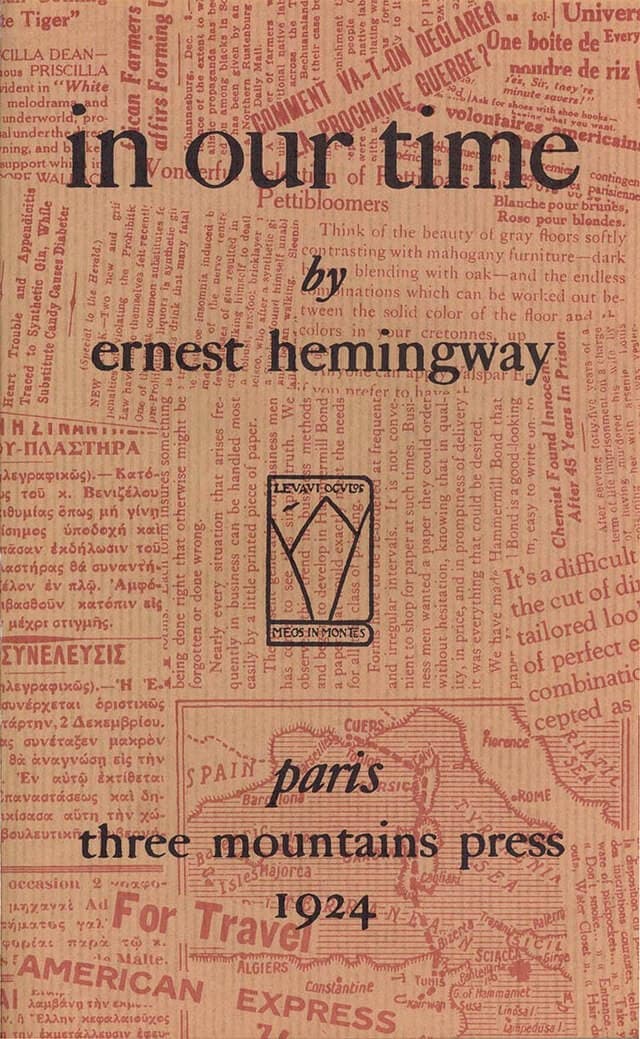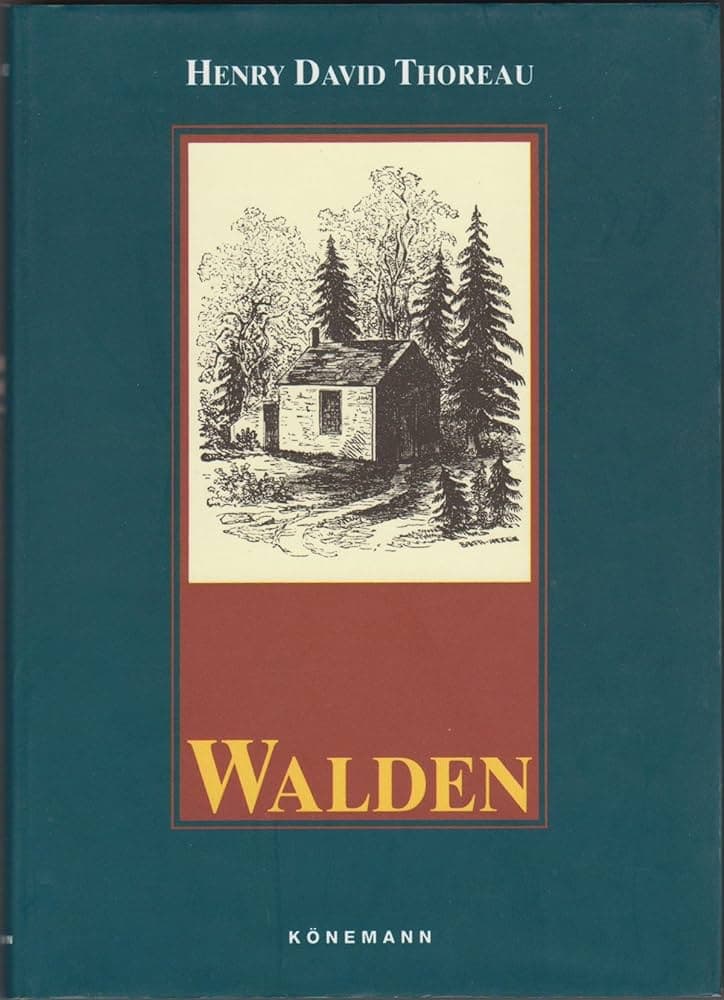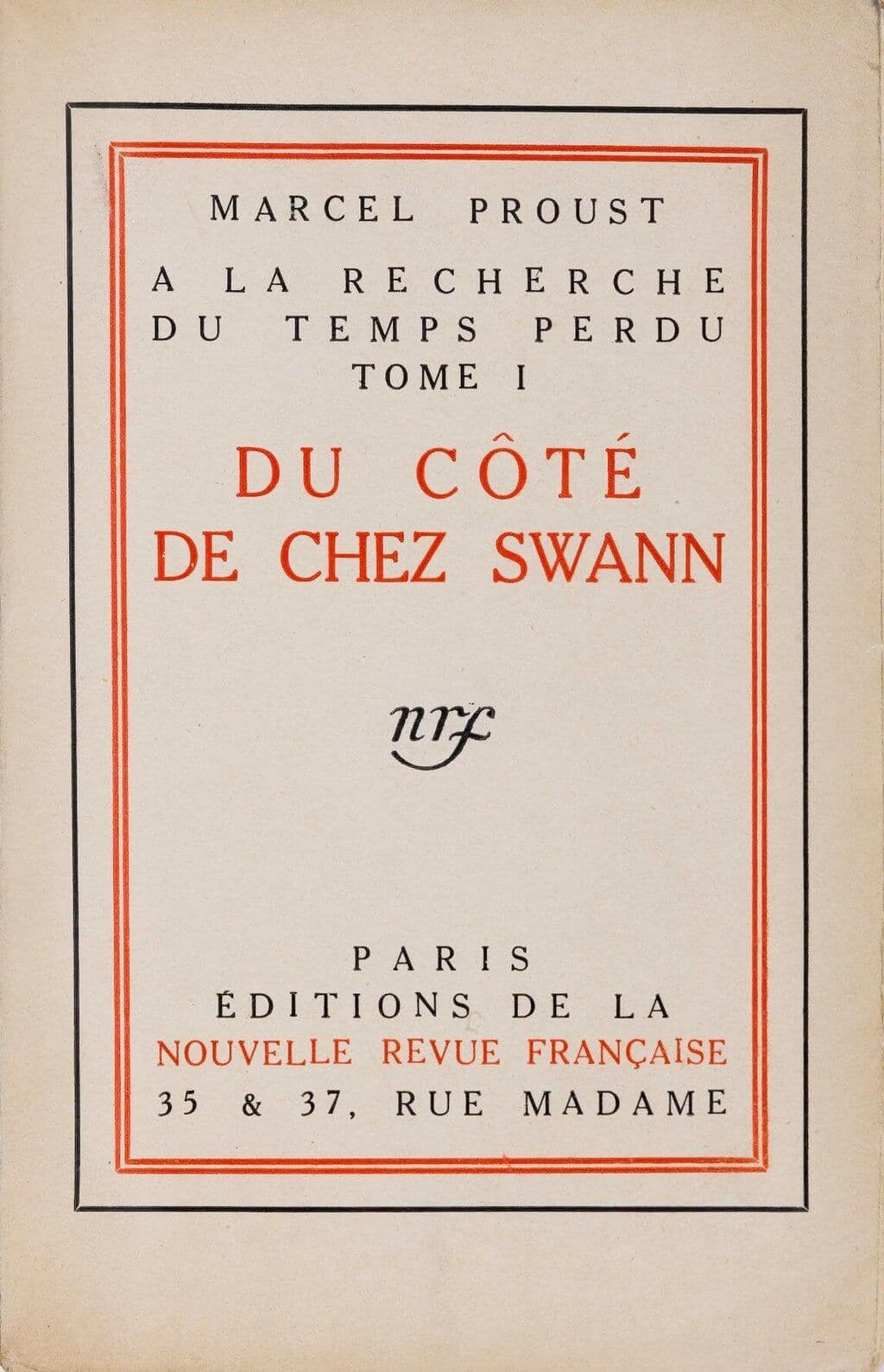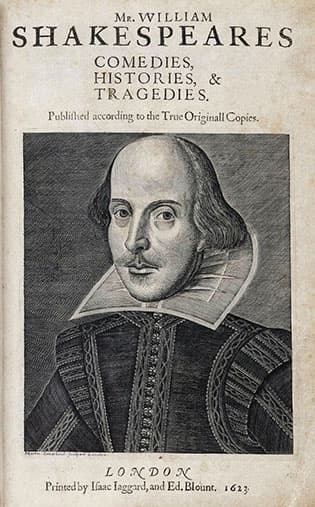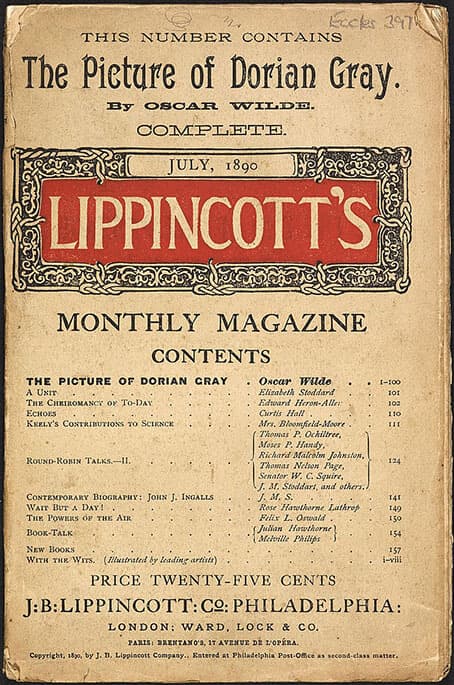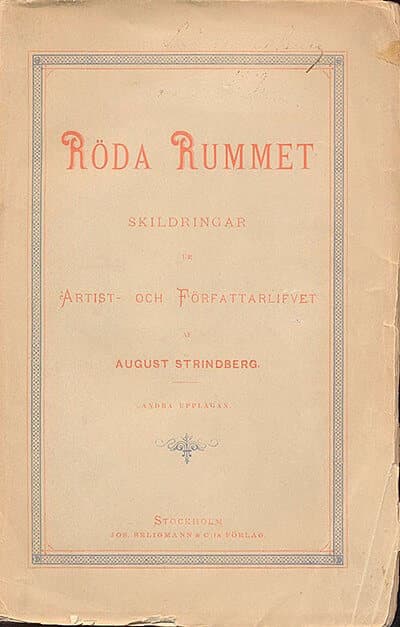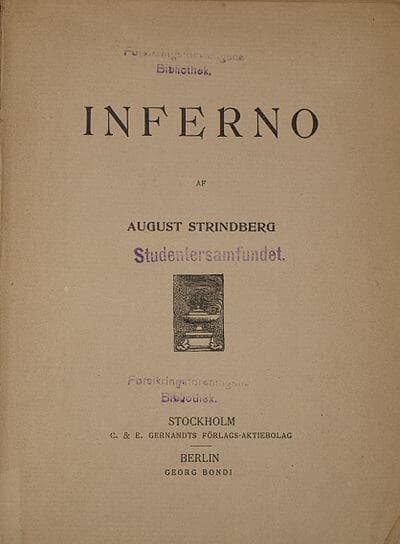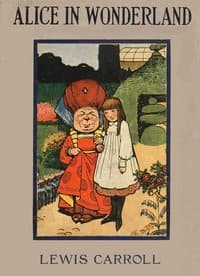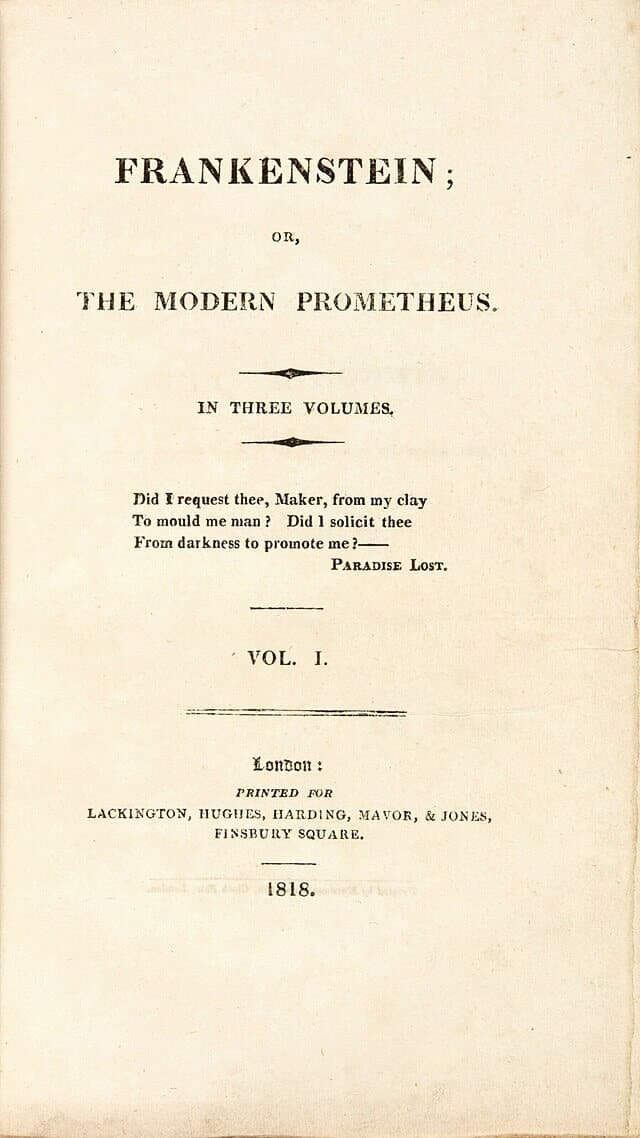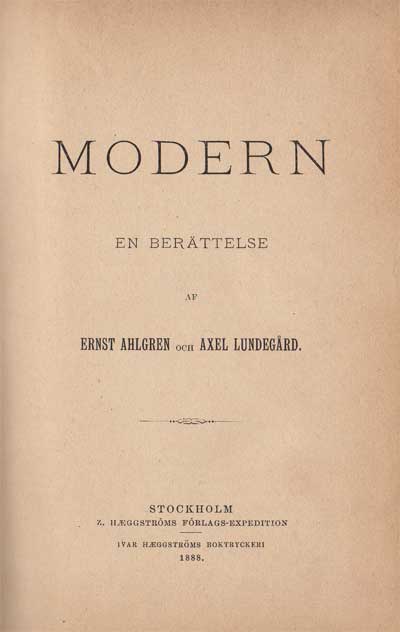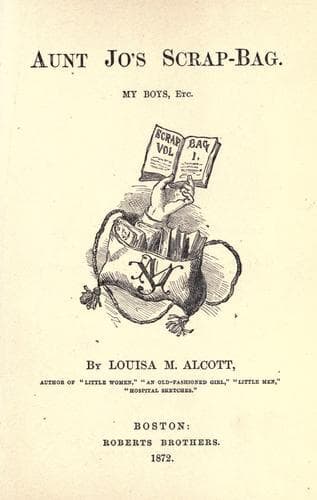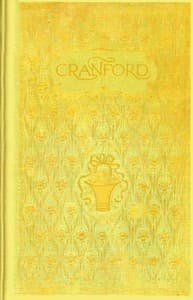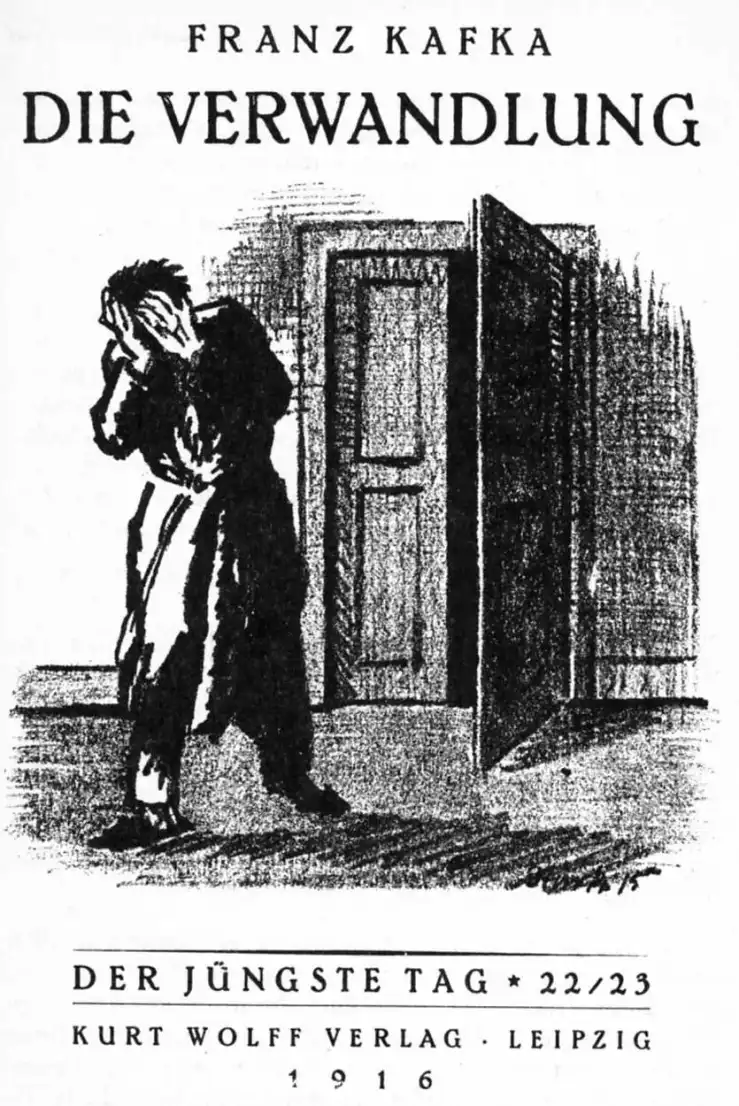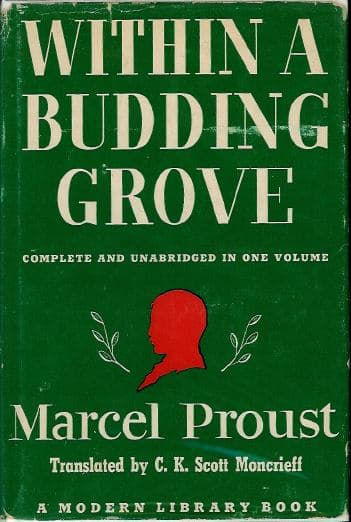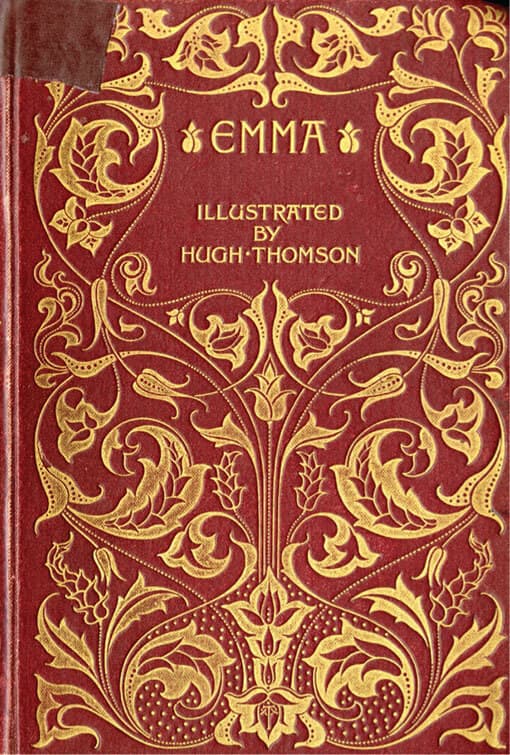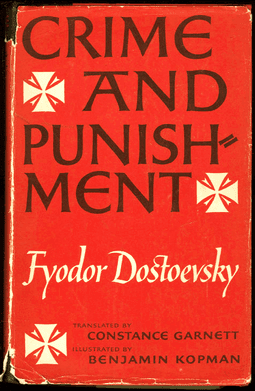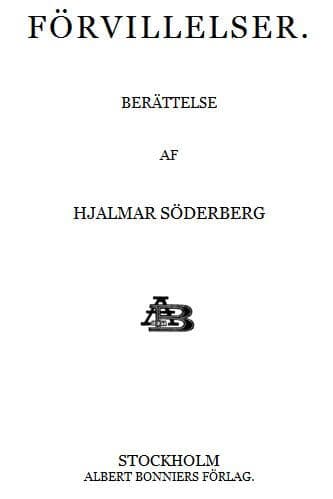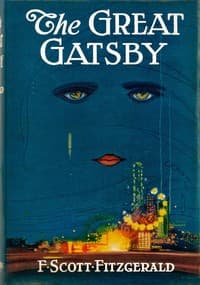Write as |
Practice your writing by typing out classic literature. This method not only enhances your understanding of rhythm, structure, and nuances but also connects you deeply with the timeless flow of literary history.
This is a BETA version.voice of authority; the spirit of religion was abroad with her eyes bandaged tight and her lips gaping wide. But nobody knew whose face had been seen. Was it the Prince of Wales’s, the Queen’s, the Prime Minister’s? Whose face was it? Nobody knew. Edgar J. Watkiss, with his roll of lead piping round his arm, said audibly, humorously of course: “The Proime Minister’s kyar.” Septimus Warren Smith, who found himself unable to pass, heard him. Septimus Warren Smith, aged about thirty, pale-faced, beak-nosed, wearing brown shoes and a shabby overcoat, with hazel eyes which had that look of apprehension in them which makes complete strangers apprehensive too. The world has raised its whip; where will it descend? Everything had come to a standstill. The throb of the motor engines sounded like a pulse irregularly drumming through an entire body. The sun became extraordinarily hot because the motor car had stopped outside Mulberry’s shop window; old ladies on the tops of omnibuses spread their black parasols; here a green, here a red parasol opened with a little pop. Mrs. Dalloway, coming to the window with her arms
Mrs. Dalloway
by Virginia WoolfMrs. Dalloway is a novel by Virginia Woolf, first published in 1925. It is a modernist novel that follows a day in the life of Clarissa Dalloway, a society hostess in post-World War I England. The novel explores themes of time, memory, and the human psyche.
Read more about Virginia WoolfOther classics
Your progress
Authors
Languages
Tags
Loading…
The method
Why Type a Masterpiece?
Typing out classical literature is not just an exercise in patience; it's a deeply immersive way to understand the rhythm, structure, and nuances of great writing. By manually reproducing the works of renowned authors, you engage with the text on a level that reading alone cannot offer. This method allows you to feel the flow of sentences, the choice of words, and the intricate construction of paragraphs that make these works timeless.
Style is a very simple matter; it is all rhythm. Once you get that, you can't use the wrong words.
— Virginia Woolf
Literati is a unique platform where writers can select from a vast collection of public domain classics to type out. This practice is akin to a musician playing pieces by the masters to internalize the elements of composition and performance. Just as the musician learns the subtleties of each note and chord, the writer learns the power of each word and sentence.
Prose is like hair; it shines with combing.
— Gustave Flaubert
Engaging directly with masterpieces allows writers to absorb the rhythm of the text, the ebb and flow of its pacing, and the beauty of its imagery. It cultivates an appreciation for the craft of writing and provides invaluable lessons in how to construct compelling narratives, develop characters, and evoke emotions in readers. Happy typing!
The only truth is music.
— Jack Kerouac
